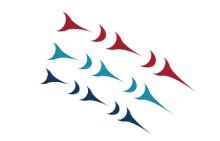Project 57 Week 3: Urban Indigenous

You will sometimes hear Indigenous peoples be referred to as “urban Indigenous.” This phrase refers to Indigenous peoples who are no longer living in their communities and have moved to (or grown up in) an urban setting. It’s important to note that this phrase doesn’t include Indigenous peoples living on their reserve or settlement in an urban local, such as Sḵwx̱wú7mesh Úxwumixw (Squamish Nation) which has reserves within Vancouver.
There are many reasons that Indigenous people live in urban settings:
- It’s where people were born and raised
- It’s where someone’s family is located
- Employment opportunities
- Access to health care
- Education opportunities
- Engagement with the justice system and incarceration
- Child welfare
- Social supports
(from the National Association of Friendship Centres)
For more information, check out these resources
- BCcampus, Pulling Together: Foundation Guide
- Coursera, Indigenous Canada MOOC, Urban Indigeneity video
The Decolonizing the Library Working Group invites everyone to learn alongside us with Project 57. This project is a response to the TRC Call to Action 57, which calls on "federal, provincial, territorial, and municipal governments to provide education to public servants on the history of Aboriginal peoples."
For more information visit Indigenous Initiatives.

